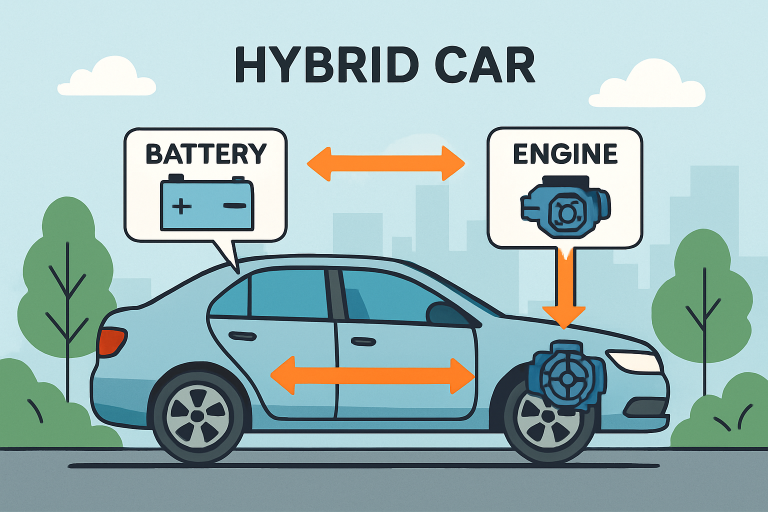Hybrid vehicles combine traditional combustion engines with electric propulsion, improving fuel economy, emissions, and driving experience. As automakers evolve, hybrids lead towards a greener future, offering practical advantages like lower costs and smoother rides. They are seen as a critical step in sustainable mobility.
Technological Advancements in Hybrid Vehicles
AI enhances hybrid technology by fine-tuning energy allocation between combustion engines and electric motors, improving fuel efficiency and reducing emissions through predictive maintenance and adaptive cruise control. To explore how these advancements are shaping the future of transportation, learn more. As these technologies evolve, consumers can expect more eco-friendly, smarter, and responsive vehicles to adapt to real-time driving conditions. This progression signals a shift toward a more sustainable and intelligent automotive future.
Environmental Impact and Sustainability
Hybrid vehicles, which combine electric motors and gasoline engines, significantly reduce emissions, making them a sustainable choice for urban areas. They emit less CO₂ per mile than traditional vehicles, supporting public health initiatives. Regenerative braking, which recharges batteries during braking, reduces wear and tear on brake components, resulting in fewer replacements and reduced waste.

Market Trends and Consumer Preferences
Hybrid vehicle sales in the US surged 76% in 2023, driven by volatile fuel prices and environmental awareness. This shift in driver priorities highlights the importance of fuel efficiency and sustainability in purchasing decisions. Manufacturers are diversifying hybrid offerings, such as the 2024 Ford F-150 PowerBoost Hybrid, to appeal to long-time truck enthusiasts and newcomers.
Government Policies and Incentives
Global public policies and incentives are accelerating the adoption of hybrid vehicles, with tax credits, rebates, and emission standards promoting their accessibility. International accords like the Paris Agreement incentivize cleaner technologies. Collaboration between public agencies and private automakers is crucial for charging infrastructure development.
Challenges and Future Outlook
Despite their strengths, hybrid vehicles face challenges like complexity and expensive maintenance. However, these issues may fade as manufacturing technologies advance and economies of scale take hold. Hybrids will serve as transitional technology as full electrification becomes more viable. They will remain a cornerstone for sustainable driving and greener personal transportation, demonstrating the intersection of innovation and responsib



